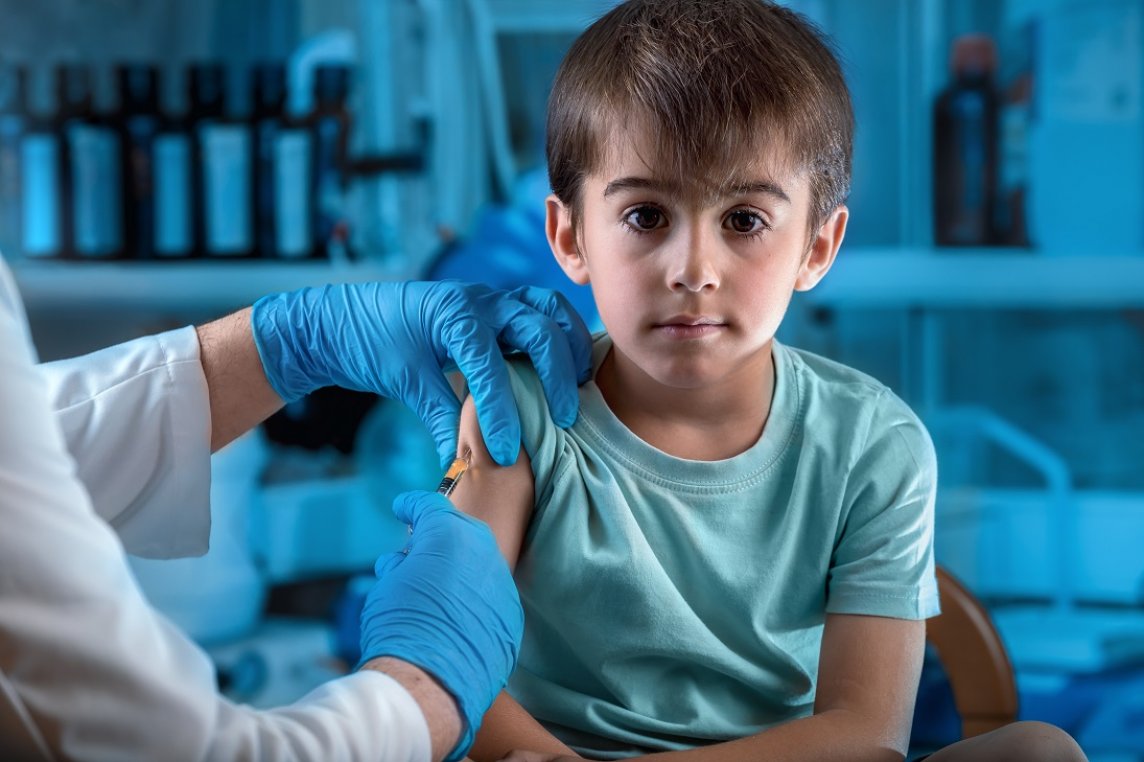Preventing Measles: Essential Steps for Public Health

Measles, a highly contagious viral infection, remains a significant public health concern in various regions. Despite the availability of a safe and effective vaccine, outbreaks continue to occur, underscoring the importance of prevention. As of February 27, 2025, a total of 164 measles cases have been reported across nine jurisdictions: Alaska, California, Georgia, Kentucky, New Jersey, New Mexico, New York City, Rhode Island, and Texas.
Even in mild cases, measles is an unpleasant disease characterized by high fever, sensitivity to light (photophobia), dehydration, cough, pneumonia (affecting 1 in 20 cases), and a rash. There is no antiviral medication to treat measles. Children who are hospitalized with measles often require intravenous (IV) fluids, supportive care such as vitamin A, and possibly ventilator support for breathing. In more severe cases, measles can lead to complications like seizures, deafness, blindness, permanent lung damage, and immune amnesia (loss of prior immune protection). Estimates indicate that 1 to 3 out of every 1,000 children with measles may die.
The measles, mumps, and rubella (MMR) vaccine is recommended for infants, with the first dose administered between 12 to 15 months of age and a second dose between 4 to 6 years. The only individuals who should not receive the measles vaccine are those who are immunocompromised or pregnant. If you come into contact with someone who has measles, contact your local health department, which will assist you based on the nature of your exposure and your vaccination history.
Measles is the most contagious virus known to humans. Each infected person can potentially spread the virus to another 18 people, who can, in turn, infect another 18 each. This rapid transmission can cause outbreaks to escalate from 2 cases to 124 in just one month. About 90 percent of unvaccinated individuals exposed to the virus will contract measles.
The MMR vaccine is highly effective in preventing measles. It is safe, cost-effective, and helps prevent costly and often devastating outbreaks. Moreover, it protects not only those who are vaccinated but also those unable to be vaccinated, such as immunocompromised individuals and infants too young to receive the vaccine.
The most important action that parents and community members can take to protect their families and communities from measles is to ensure that everyone who can be vaccinated receives it.
Understanding the symptoms of measles can facilitate early identification and management. Measles typically begins with high fever, cough, runny nose, and inflamed eyes, followed by a characteristic red rash that usually appears within a few days. If you suspect that you or someone in your household has measles, it is crucial to stay home and avoid contact with others to prevent further transmission. Seek medical advice promptly, especially if vaccinations are not up to date.
Adults who require the MMR vaccine should contact their primary care provider, a pharmacy, or a travel clinic to determine vaccine availability. All children aged 18 and younger are eligible to receive the MMR vaccine at no cost through the Connecticut Vaccine Program.
Anyone with questions regarding the Connecticut Vaccine Program can call 860-509-7929 or email dph.immunizations@ct.gov. For more information about vaccine-preventable diseases, please visit Vaccine-Preventable Diseases (ct.gov).







